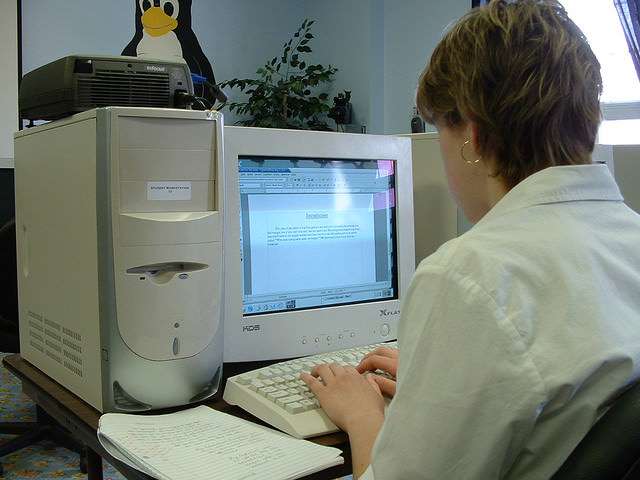Maryland Pulls a Facebook, Wants to Claim Rights to Your Stuff


Not long ago, Facebook came under fire for claiming commercial ownership of user-submitted content on Instagram. These days, the Prince George's County Board of Education is thinking of doing the same thing with a proposal that "would give them the copyright to anything created by teachers, students, and employees before, during, and after school hours," according to Fox News.
Local parents, understandably upset that their children's school work may soon be the property of Big Brother, have joined with teachers to protest the policy. Fortunately,it is currently undergoing legal review—and looks like it won't stand up.
From the Fox News article:
San Francisco copyright lawyer Lawrence Townsend… tells FoxNews.com that while the county has the right under the Work for Hire provision to police what teachers do, trying to stake a claim in what students create won't fly.
"The students are mostly under the age of 18 and federal law protects their rights," he said. Townsend added that unless a parent or guardian signs off on it, what a student creates belongs to the student and not the school.
The policy was apparently written to "protect the school system from teachers trying to sell their lesson plans online." But would that be so bad?
A marketplace where teachers could purchase quality lesson plans would certainly cut down on the workload that teachers face, leaving them more time for student interaction and meaningful assessment. It would also encourage teachers to develop better classroom materials from which they could earn a supplemental income.
It's difficult to see how the students lose out in this scenario.
Public education is decidedly anti-competition, and the teachers union generally does all it can to keep charter schools and education vouchers from forcing their members to work any harder. In this instance, however, that same impulse towards protectionism should help block a policy that seems straight out of Soviet Russia.


Show Comments (17)